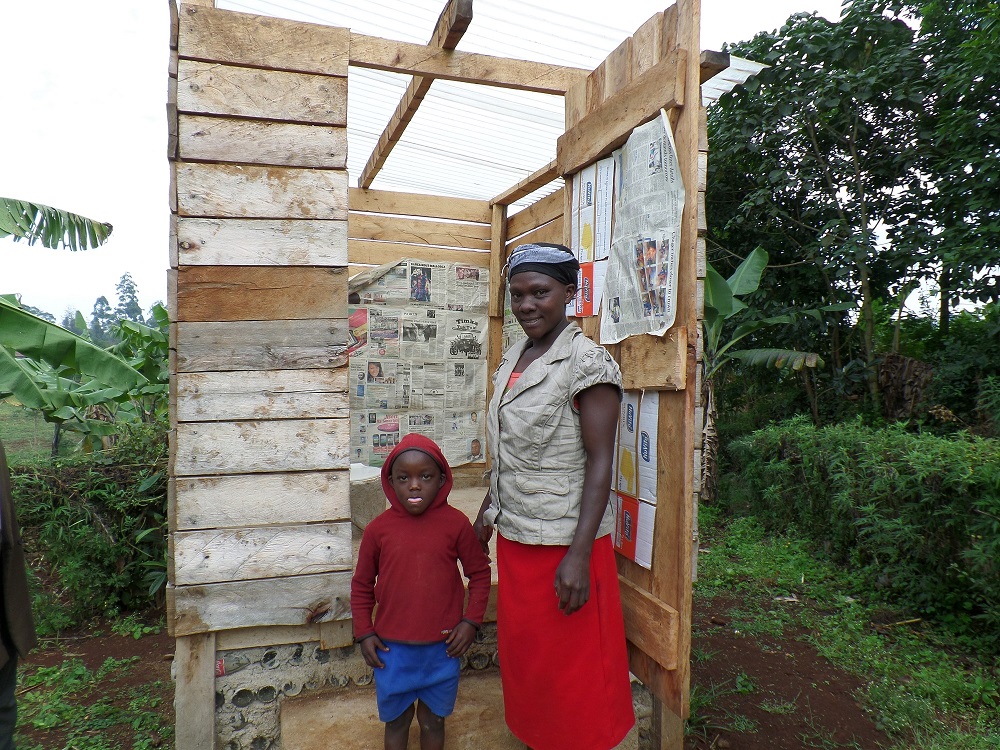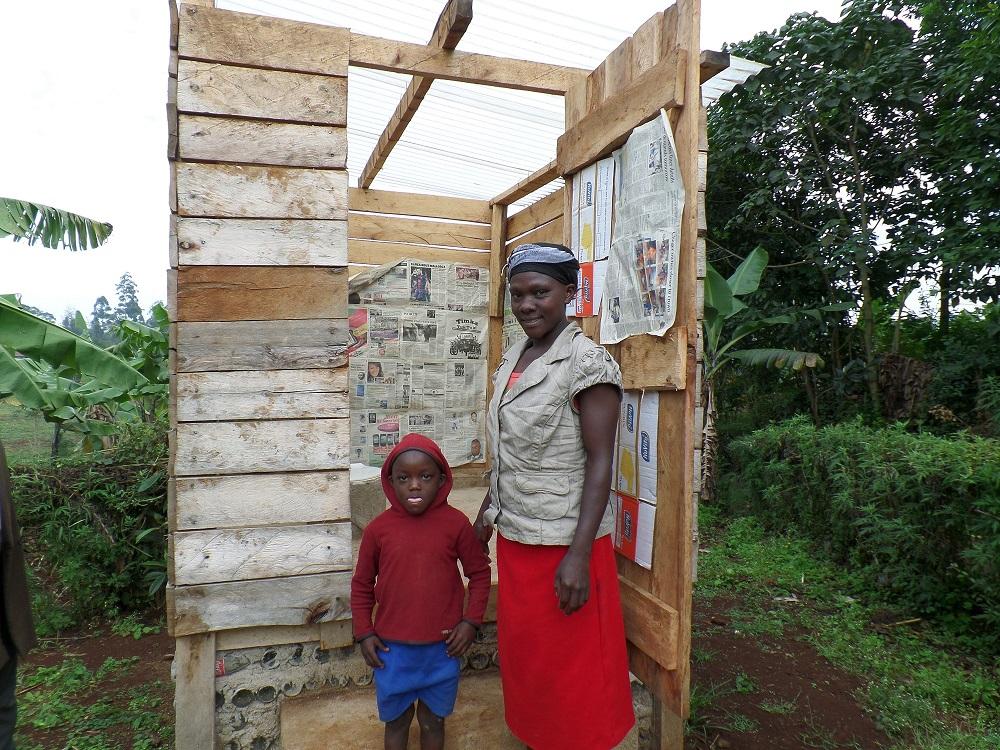A community solution to sanitation
With the launch of the SDGs, a far more ambitious and complete set of goals than the MDGs, we must think beyond designing bespoke solutions to address a single issue.
The world is a complex network of causes and effects, where any ‘cause’ can create multiple ‘effects’ across multiple systems. Society is constructed in this causal way. This is why the SDGs greatly impact one another, therefore in order to solve the SDGs in the most effective way, we need to implement solutions which tackle one SDG by solving another.
The problem of inadequate sanitation plagues 2.4 billion people around the world. It is an issue where a solution that can scale and be sustainable in communities living on less than $3 a day, has been elusive. Or so people have thought. In actual fact the solution has existed for years in one form or another, and it took a group of enterprising students from Enactus Southampton to piece the puzzle together.
The solution is simple, solve the need of an individual and thus incentivise them to solve the needs of their community.
After piloting this solution for 3 years, myself and my co-founder have forgone the traditional employment routes to set up Wessex Social Ventures (WSV) a vehicle to scale this and other social solutions.
How our solution works
A large proportion of communities facing this challenge are rural communities, where developing infrastructure is incredibly difficult and costly, thus the poor sanitation leads to the contamination of nearby water sources, agricultural land and livestock. However these communities being rural means they have an increased dependence on subsistence lifestyles. Our solution uses the local farming industry and the challenges it faces to create a sustainable solution.
Agriculture micro-enterprises build bespoke EcoSan toilets which replace pit latrines in accessibility, cleanliness and longevity. The toilets allow the collection and conversion of human waste into 100% natural fertilizer. The fertiliser is distributed to local farmers and can be used for everything from small crops to fish farming.
The entrepreneurs work together in cooperatives allowing them to specialise, they are then provided with a micro-finance loan to start the business. Working with local labourers they construct our multi-cubicle design in schools, providing permanent and hygienic facilities, which are proven to enhance learning environments. This is especially pertinent for young girls. One of the primary reasons for girls dropping out of school is a lack of privacy and discretion, particularly when there are no toilet facilities at all.
Additionally, many governments are imposing higher standards on schools. Many schools without the funding or support required to meet the standards are put at risk of being shut down, something we have seen in both Kenya and Zambia. The EcoSan toilets offer a sustainable solution that prevents school closure and delivers permanent sanitation at a fraction of the cost to governments and schools who fund pit latrine construction.

The solution is simple, build a hygienic toilet that allows waste to be collected and thus prevent environmental contamination, however it is the business that sustains and grows the impact. The revenue from selling fertiliser lifts the entrepreneurs above the local living wage. This means the entrepreneurs are dedicated to the delivery of the solution and provides a tangible incentive for maintaining and improving the hygiene and quality of the toilets.
The sale of the fertiliser not only provides an incentive, but also the capital required to maintain the toilets and to invest into the construction of new toilets to grow the entrepreneurs business whilst simultaneously improving the communities sanitation.
This solution has been piloted and continuously adapted for the past 3 years in 3 Kenyan communities. During which the fertiliser was as low as 20% the cost of artificial or animal alternatives and resulted in a 3x increase in crop yield on land previously using artificial fertilisers, which were expensive and too often fake. The entrepreneurs themselves were able to afford their children's school fees and supply textbooks. To add context many schools have a textbook to student ratio of 1:5 or higher.
Replicating the success
After these incredible results the next challenge was how to replicate this micro-enterprise solution in more communities. For this we kept the same reasoning that birthed the solution. What need can we solve that will result in the replication of the solution and that can sustain a workforce?
We also identified the most important aspect of replicating these solutions was the relationship and understanding with the local community, something which takes years to build.
With these two issues in mind the answer became clear, social franchising to NGOs who already have the established relationships with communities and knowledge of local culture.
Raising donations is becoming increasingly difficult, sustainability of operations and solutions is a real industry need. Moreover, many NGOs employ hand-outs as a form of aid, this is not only expensive but unsustainable and creates the adverse effect of forming dependency cultures in communities, who become accustomed to the free products/services. To solve this need, we provide NGOs with training, ongoing support and a complete set of packs which detail everything required to set up these enterprises. This change from hand outs to micro-enterprise creation significantly increases the impact of an investment, particularly as it is returned to the NGO through micro finance loan repayments.
“At WSV we aim to revolutionise the way we provide aid, through communities addressing their own local problems through sustainable businesses supported by a global network.”
For more information on the pilot project view the video presentation here.

This post is a part of the April 2016 series on Inclusive Businesses and Sanitation. View the whole series for more business examples, research and insights on sustainable sanitation solutions.
